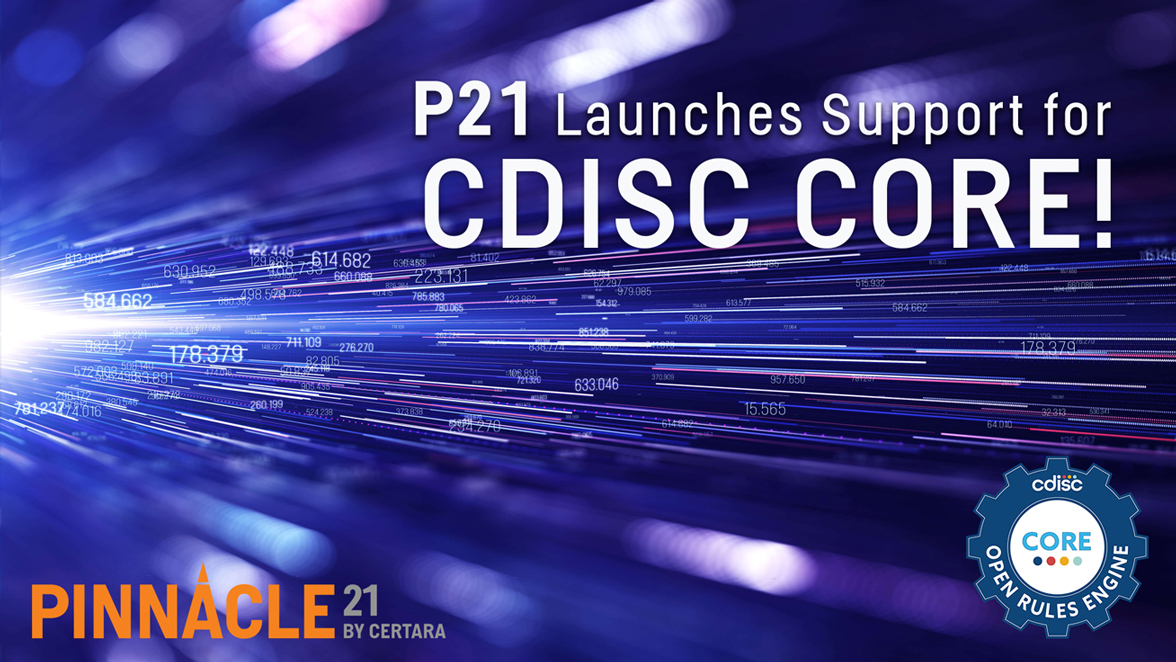Blog
Pinnacle 21 is happy to announce the latest Validation Engines for submissions to Japan PMDA, US FDA, and China NMPA!
P21 has invested much in developing these engines for/with regulatory agencies, and now the industry—whether as users of P21 Community (P21C) or clients of P21 Enterprise (P21E)—can utilize them for expanded standards support, e.g., the first time PMDA has implemented ADaMIG 1.2 & 1.3 and Define-XML 2.1, in their eData submissions to the the global regulatory bodies.
Key details are as follows:
In March 2023, the PMDA published an updated version of its Validator Rules. Pinnacle 21 Principal Consultant Chikaaki Nakao delivered an overview of the differences between newly released version 4.0 and the now legacy version 3.0.
In December 2022, the Food and Drug Administration (FDA) published an updated version of its Validator Rules. Pinnacle 21 Principal Consultant Michael Beers delivered an overview of the differences between newly released version 1.6 and the now legacy March 2021 version 1.5.
As of April 25, 2022, we have released P21 Community 4.0 to general availability! Install it now from our Downloads page.
P21C 4.0 is the first major release of this application since P21's M&A with Certara in October 2021, per the commitment that P21's software applications will “continue to be supported, updated, and developed.”

P21 is proud to announce that support for CDISC Open Rules Engine (CORE) is now available in P21 Community 4.0. We have expanded CORE’s reference implementation to let you execute machine-readable CDISC Conformance Rules within the familiar P21 toolkit. This new CDISC Engine can run from the desktop GUI or command-line interface (CLI) on any platform in which you have already installed P21 Community.
On December 15th, 2021, the Japanese Pharmaceutical and Medical Devices Agency (PMDA) published its long-awaited update to the validation rules for SDTM, ADAM and Define.xml. PMDA Validation Rules 3.0 introduce additional standard conformance rules from CDISC, support for ADaM-IG 1.1, and many other changes.
At Pinnacle 21, we've got you covered. We have released support for these new rules in our latest validation engine PMDA 2010.2. And in this webinar, we've shared everything you need to know about PMDA Validation Rules 3.0.





